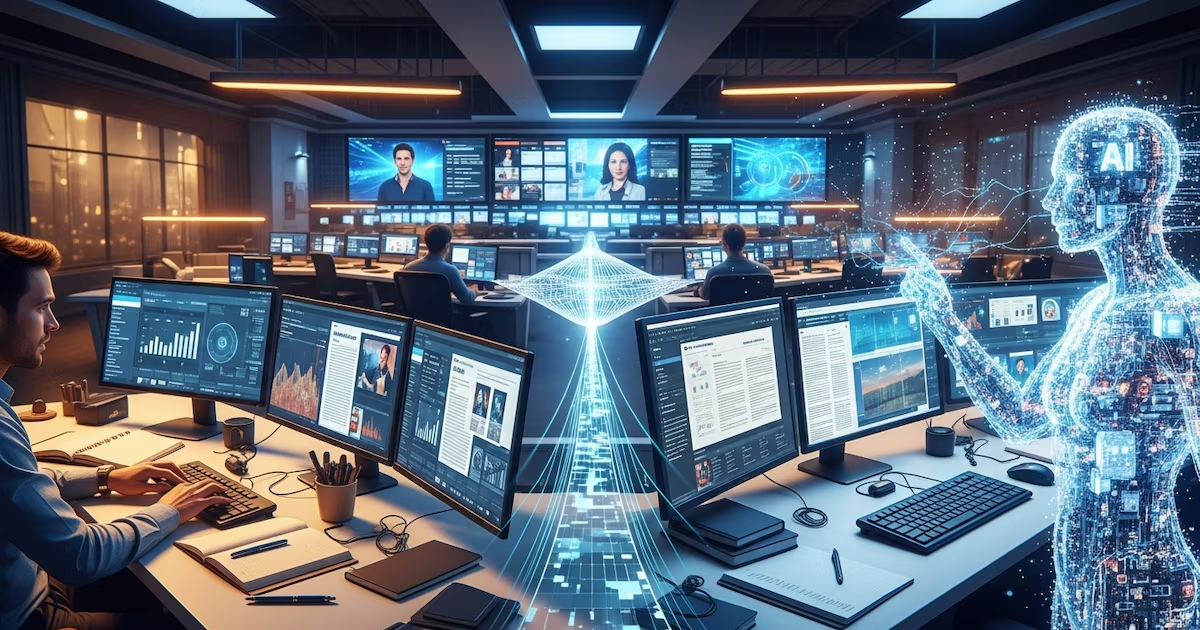
of artificial intelligence It is no longer a topic for experts. It is changing the way we produce, work and make decisions. In 2026, a new political map will be created. Argentina You have the opportunity to define what position you want to take in this process. This challenge is not only technical, but also strategic.
The country has exceptional conditions to become a regional hub for digital infrastructure. The cold and dry climate, fertile land, and availability of energy such as renewable, thermal, and hydro energy create an ideal scenario for data center development. Add legal stability and appropriate incentives and we will be able to position ourselves as a processing provider in the Southern Cone. This is not a futuristic fantasy, but a political and planning decision.
The second strength is culture. Argentina’s business community has an ability to adapt that most countries don’t have. When faced with crisis or instability, local businesses always find ways to reinvent themselves. This flexibility is artificial intelligence In production, logistics and management processes. from Argentina Society for Artificial Intelligence We believe that this entrepreneurial culture requires regulatory support, fiscal stimulus, and above all, predictability.
The third axis of opportunity is the Web3 ecosystem. Argentina is one of the countries with the most talent and development in decentralized technology. The convergence of AI and Web3 will define the next decade, from traceability systems to sovereign digital IDs. If the country can look forward to regulations and services that integrate both aspects, it will not only strengthen its local ecosystem but also export innovation and knowledge to the world.
However, leveraging these opportunities requires a modern and flexible regulatory framework. Today’s discussion is artificial intelligence faces three major dilemmas. The first is conceptual. There is no universal definition of what AI is or is not, and this complicates legislative efforts. At the same time, much of the progress is based on open source projects and is impossible to contain with traditional control logic.
The second dilemma is the balance between innovation and rights protection. Excessive regulation can retard the development of a sector that generates qualified jobs and valuable exports. But leaving it to the market means ignoring risks such as information manipulation, loss of privacy, and algorithmic bias. A middle ground requires technical knowledge and genuine dialogue between states, businesses and civil society.
The third aspect is the institutional one. We need a national plan, not an isolated law artificial intelligence It clearly identifies three powers: the state, the security forces, and the private sector. The plan calls for updating civil and criminal laws, strengthening the capacity of cybercrime police, and establishing an ethics certification mechanism for the private sector that allows companies to certify that their models are trained on legitimate data and responsible practices.
economic impact artificial intelligence It must be deep. In the short term, local businesses become more efficient and competitive, reducing costs and errors. In the medium term, Argentinawhich already has 14 unicorns and a globally recognized entrepreneurial ecosystem. And in the long term, digital infrastructure will bring synergies to construction, energy, logistics and technical education, driving thousands of skilled jobs.
AI is neither a threat nor a panacea. AI is a tool that requires direction and purpose. Yeah Argentina If they can combine their talent, flexibility, and innovative capabilities with intelligent public policy, they can become protagonists of the new technological order. However, if we limit ourselves to observing what decisions other countries make, we will once again be left behind in the revolution that has already begun.



